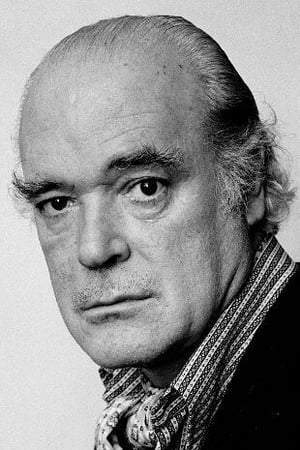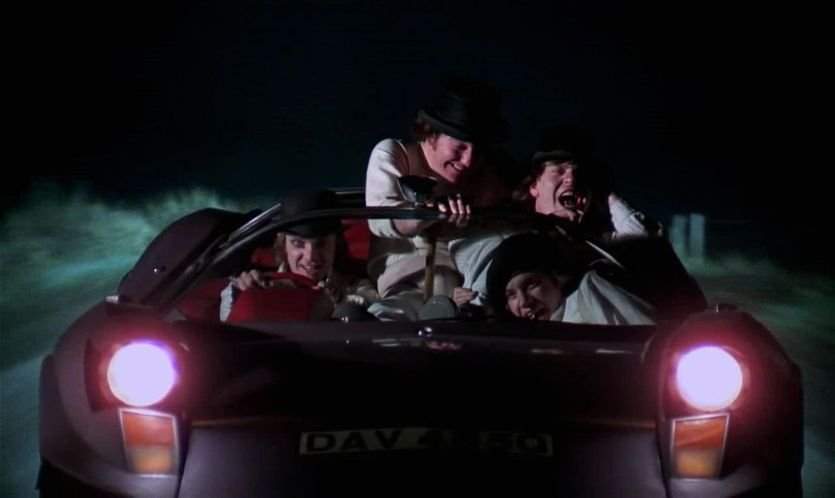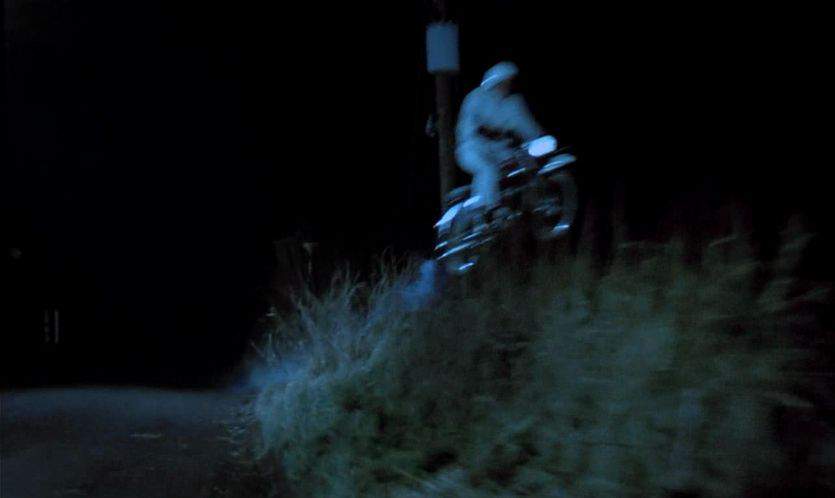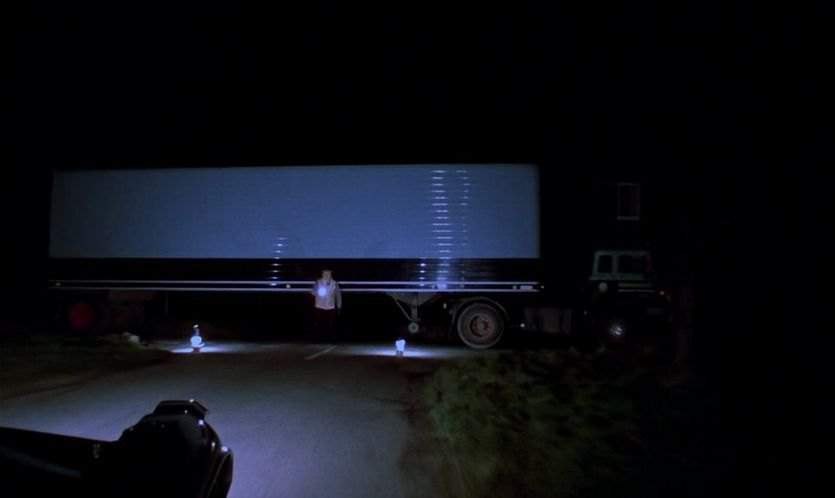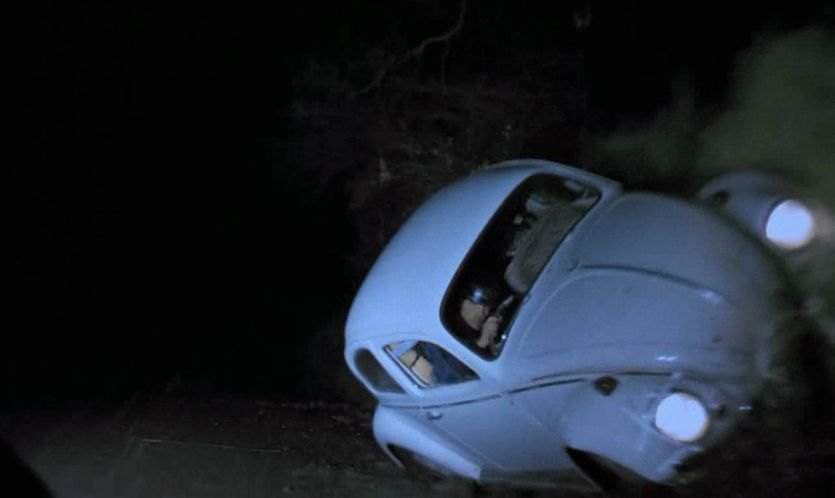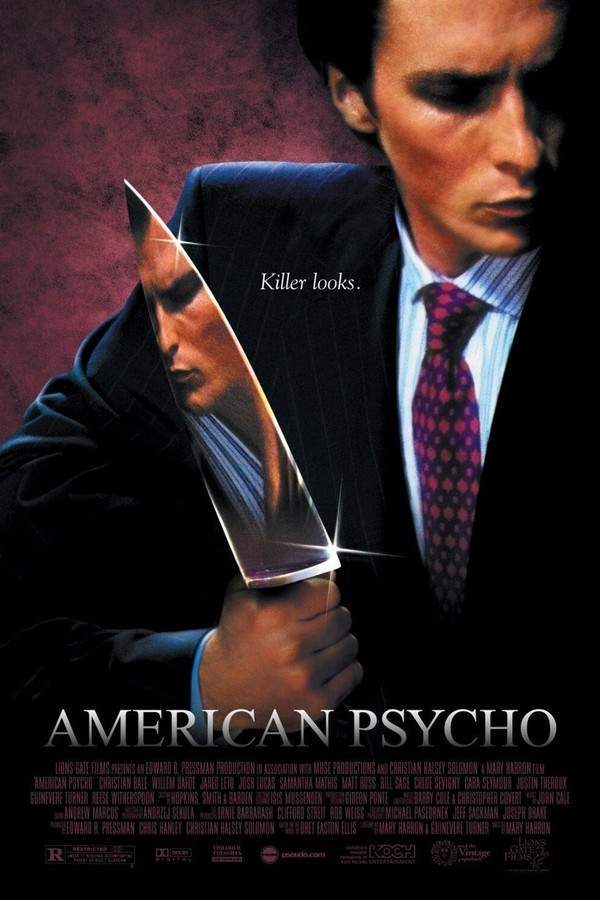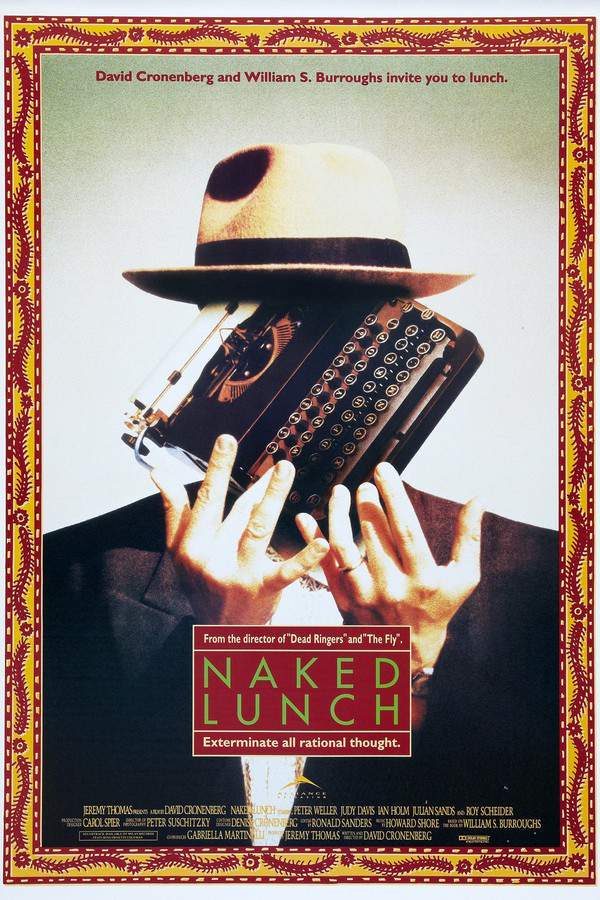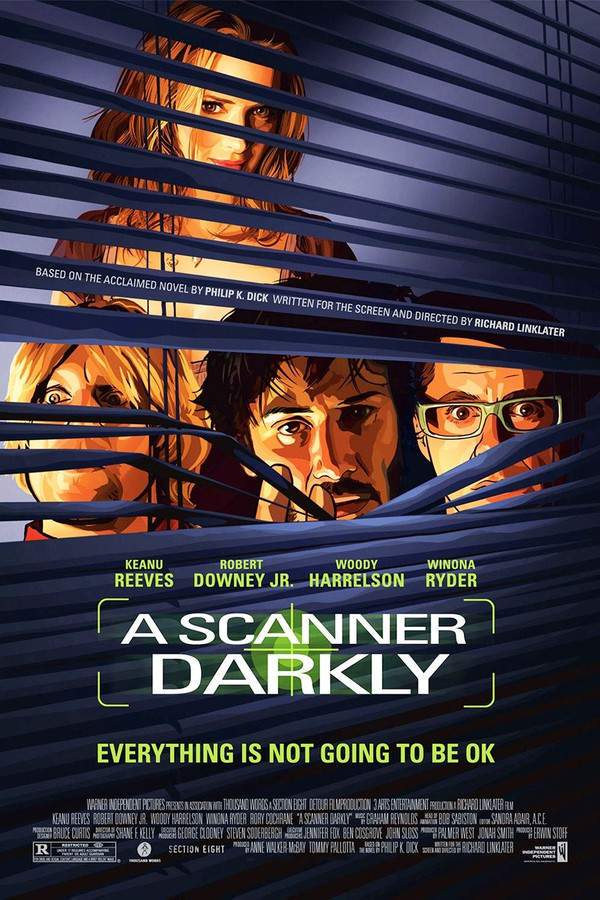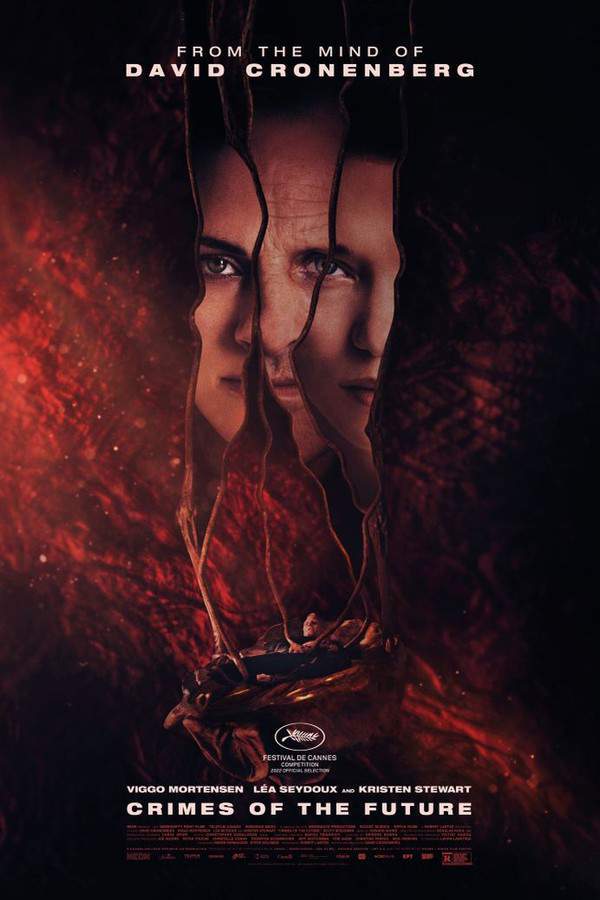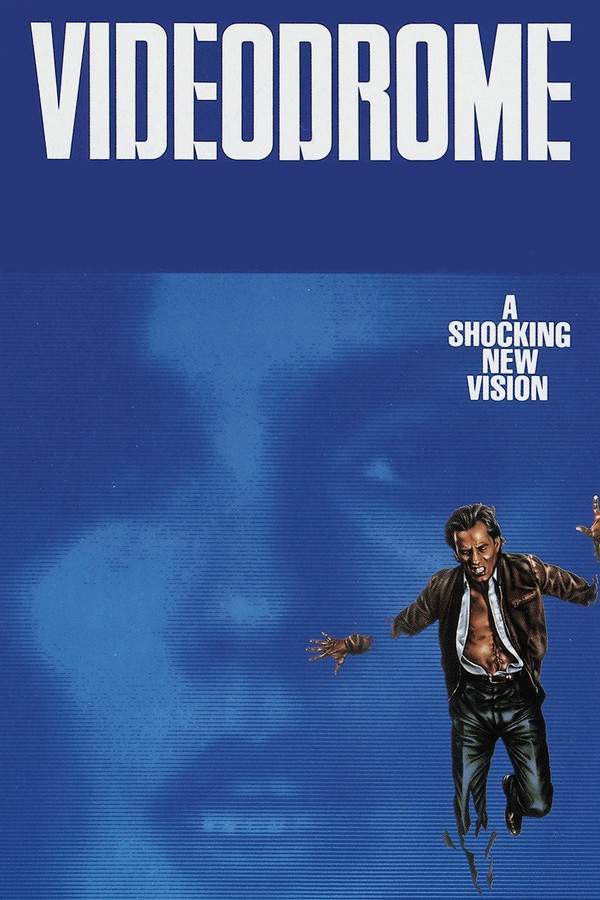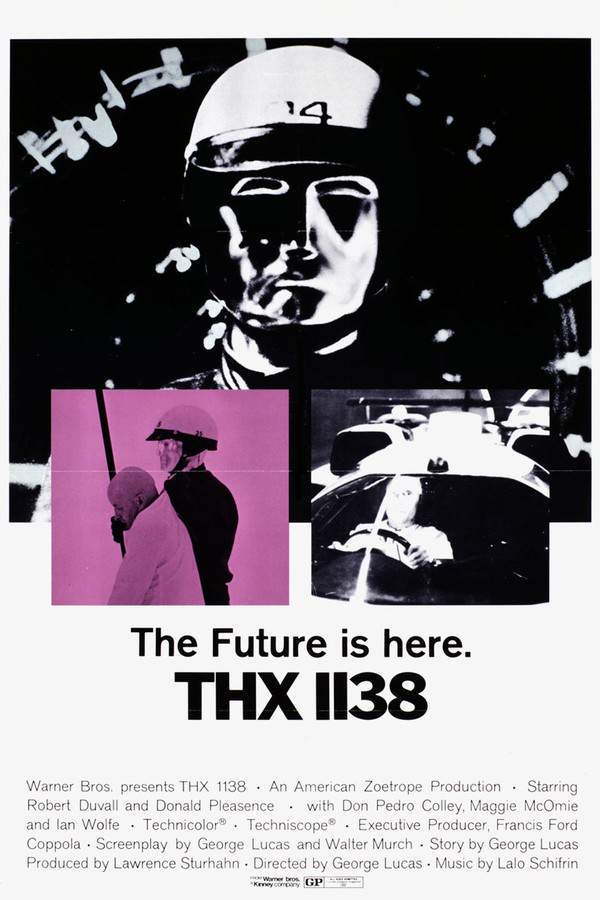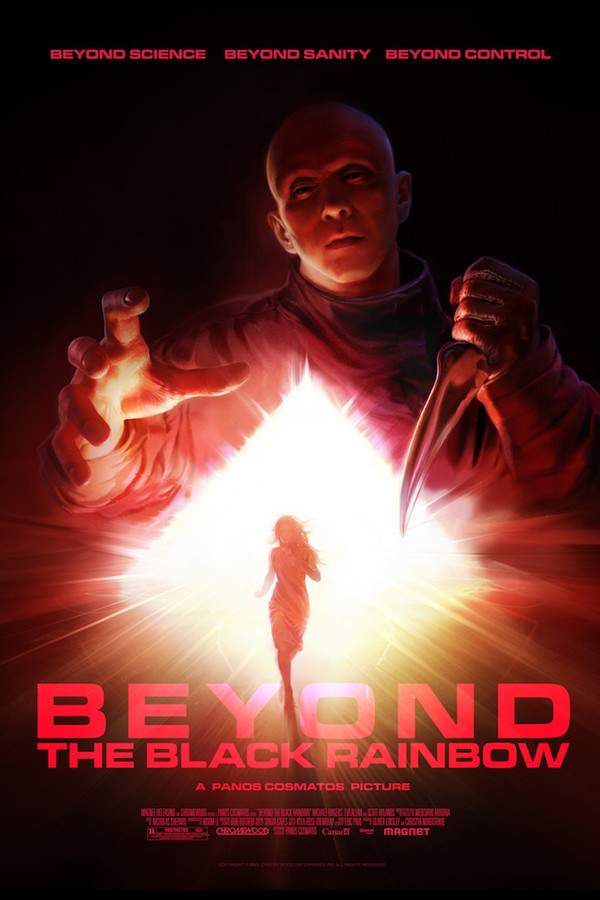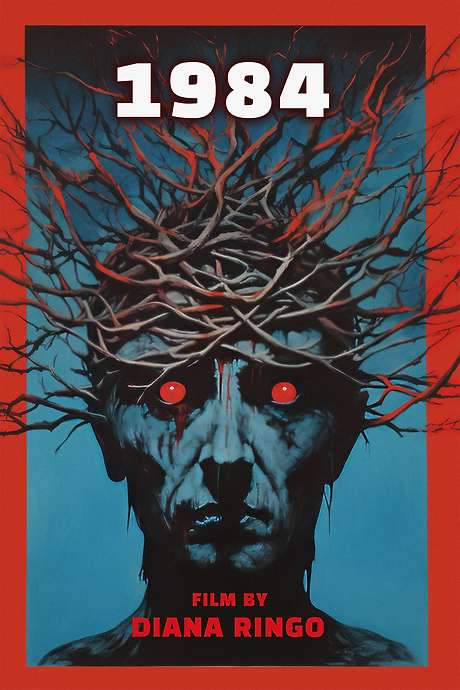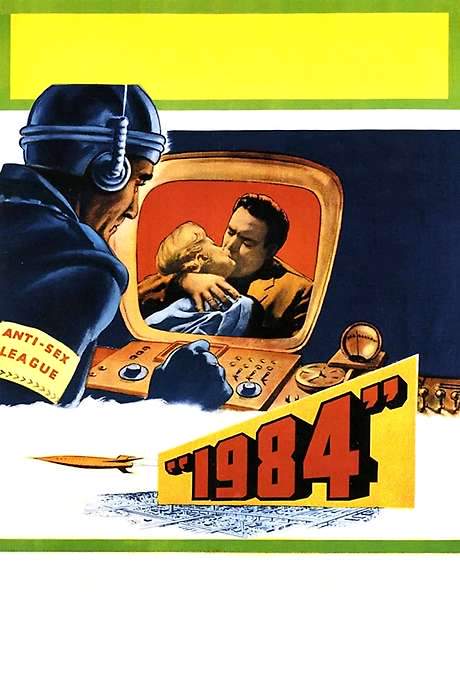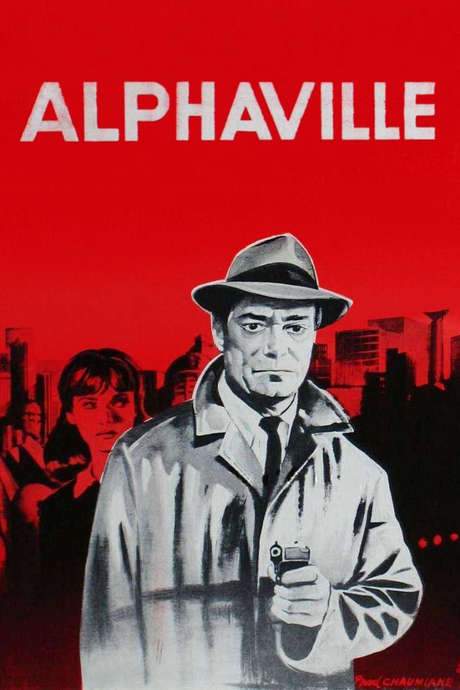A Clockwork Orange 1971
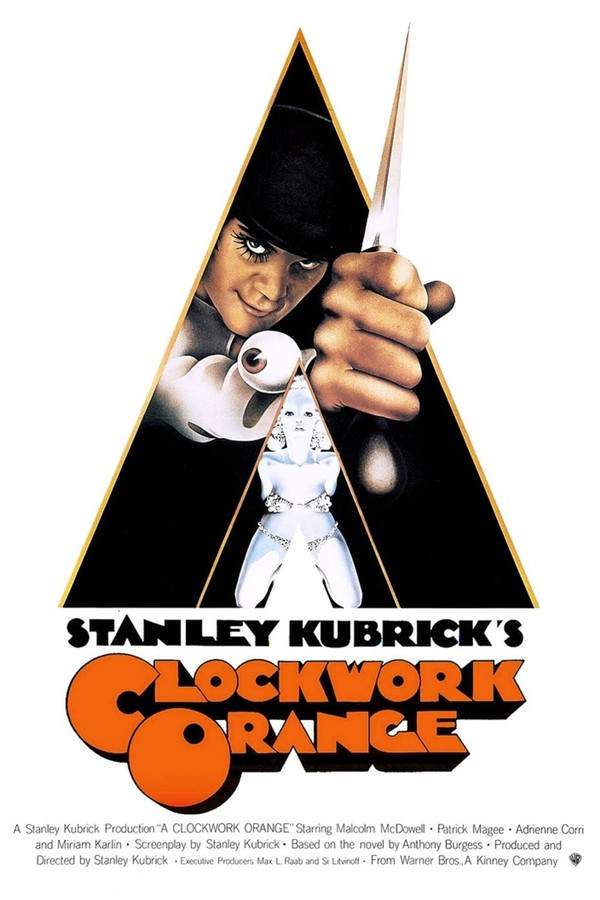
In a chilling dystopian future, a charismatic delinquent named Alex leads a gang of droogs in a reign of ultra-violence. After being captured, he volunteers for an experimental aversion therapy program intended to reform him. This controversial treatment leaves him unable to commit violent acts, but also strips away his free will, turning him into a "clockwork orange"—a person who appears reformed but remains inherently flawed. The film explores complex themes of morality, free will, and the potential dangers of societal control.
Does A Clockwork Orange have end credit scenes?
No!
A Clockwork Orange does not have end credit scenes. You can leave when the credits roll.
Meet the Full Cast and Actors of A Clockwork Orange
Explore the complete cast of A Clockwork Orange, including both lead and supporting actors. Learn who plays each character, discover their past roles and achievements, and find out what makes this ensemble cast stand out in the world of film and television.
External Links and Streaming Options
Discover where to watch A Clockwork Orange online, including streaming platforms, rental options, and official sources. Compare reviews, ratings, and in-depth movie information across sites like IMDb, TMDb, Wikipedia or Rotten Tomatoes.
Ratings and Reviews for A Clockwork Orange
See how A Clockwork Orange is rated across major platforms like IMDb, Metacritic, and TMDb. Compare audience scores and critic reviews to understand where A Clockwork Orange stands among top-rated movies in its genre.

77
Metascore
8.6
User Score


86%
TOMATOMETER

93%
User Score

8.2 /10
IMDb Rating

82
%
User Score
Take the Ultimate A Clockwork Orange Movie Quiz
Challenge your knowledge of A Clockwork Orange with this fun and interactive movie quiz. Test yourself on key plot points, iconic characters, hidden details, and memorable moments to see how well you really know the film.
A Clockwork Orange Quiz: Test your knowledge of the dystopian classic 'A Clockwork Orange' from 1971 with this challenging quiz.
What is the name of the protagonist in 'A Clockwork Orange'?
Alex DeLarge
Georgie
Dim
Frank Alexander
Show hint
Awards & Nominations for A Clockwork Orange
Discover all the awards and nominations received by A Clockwork Orange, from Oscars to film festival honors. Learn how A Clockwork Orange and its cast and crew have been recognized by critics and the industry alike.
26th British Academy Film Awards 1973


Best Screenplay
Best Cinematography
Best Editing
Best Production Design
Best Sound
44th Academy Awards 1972

Film Editing


24th Directors Guild of America Awards 1972

29th Golden Globe Awards 1972
Best Motion Picture – Comedy or Musical


Full Plot Summary and Ending Explained for A Clockwork Orange
Read the complete plot summary of A Clockwork Orange, including all major events, twists, and the full ending explained in detail. Explore key characters, themes, hidden meanings, and everything you need to understand the story from beginning to end.
“A bit of the old ultra-violence.” Set in a bleak future London, the narrative follows Alex DeLarge (Malcolm McDowell), our somewhat unhinged protagonist, and his gang of thugs known as droogs: Georgie (James Marcus), Dim (Warren Clarke), and Pete (Michael Tarn). At the onset, they find themselves in the infamous Korova Milk Bar, indulging in drug-laced milk.
Soon the gang embarks on a night of extreme violence. In their exploits, they encounter a homeless man in an underpass, whom they mercilessly beat. Their journey continues to a decrepit theatre where they confront a rival gang led by Billy Boy, stopping short of a tragic assault on a young woman by engaging in a fierce fight instead. Their victory leads them into the countryside, where they recklessly drive a stolen Durango 95 sports car, causing havoc on the roads, until they decide to invade a secluded home.
Under the guise of a car accident victim, Alex deceives writer Frank Alexander (Patrick Magee), gaining access to brutally attack him and gang-rape his wife (Adrienne Corri). This horrific scene is accompanied by Alex singing “Singin’ in the Rain,” which becomes a chilling motif of his character’s twisted pleasure in violence.
Returning to the Korova, Alex’s jubilance is interrupted by Dim’s crude antics. The day drags on, leading to Alex’s eventual confrontation with his parents, depicted as foolish and helpless figures. His probation officer, Mr. Deltoid (Aubrey Morris), warns him of the consequences of his delinquency, but Alex, emboldened by his thirst for chaos, continues his reckless lifestyle.
Eventually, cracks form in the bond between Alex and his droogs. Feeling threatened by Georgie’s ambition to rob a wealthy owner, Alex asserts his dominance, but in a turn of betrayal, Dim and Georgie allied against him. After brutal treatment by his former companions and incarceration, Alex receives a 14-year sentence filled with attempts to manipulate his way towards a reduction.
Two years into his imprisonment, he exploits the prison system to volunteer for the Ludovico Technique, a controversial behavioral conditioning treatment promising early release. Alex undergoes horrific methods to condition him against violence, culminating in sessions filled with horrifying imagery and Beethoven’s music that he can no longer endure.
Upon release, Alex finds his home occupied by a lodger named Joe, who chastises him for his past actions. Stripped of his free will but still craving his previous life, he soon encounters his former droogs, now officers of the law, who take revenge against him for their shared past.
In a cruel twist of fate, he stumbles upon Frank Alexander, unaware that this individual is the very man whose life he shattered years ago. Invited into the home, Alex is soon trapped in a web of revenge, grappling with the consequences of his former actions.
In a harrowing finale, overwhelmed by Beethoven’s Ninth Symphony played incessantly, Alex attempts to end his own life. Surviving the leap, he finds himself in a hospital where revelations about the government’s actions lead to public outcry against their inhumane practices.
Ultimately, after a series of psychiatric evaluations that reveal cracks in his mind, Alex is approached by the Interior Minister, who seeks to manipulate him for political gain. An ambivalent resolution culminates in Alex donning the façade of recovery while inside, he remains the same violent, pleasure-seeking individual he has always been. As he muses, “I was cured, all right,” leaving the audience to ponder the effects of conditioning on the essence of humanity.
Uncover the Details: Timeline, Characters, Themes, and Beyond!

Coming soon on iOS and Android
The Plot Explained Mobile App
From blockbusters to hidden gems — dive into movie stories anytime, anywhere. Save your favorites, discover plots faster, and never miss a twist again.
Sign up to be the first to know when we launch. Your email stays private — always.
Watch Trailers, Clips & Behind-the-Scenes for A Clockwork Orange
Watch official trailers, exclusive clips, cast interviews, and behind-the-scenes footage from A Clockwork Orange. Dive deeper into the making of the film, its standout moments, and key production insights.
Cars Featured in A Clockwork Orange
Explore all cars featured in A Clockwork Orange, including their makes, models, scenes they appear in, and their significance to the plot. A must-read for car enthusiasts and movie buffs alike.
A Clockwork Orange Themes and Keywords
Discover the central themes, ideas, and keywords that define the movie’s story, tone, and message. Analyze the film’s deeper meanings, genre influences, and recurring concepts.
A Clockwork Orange Other Names and Titles
Explore the various alternative titles, translations, and other names used for A Clockwork Orange across different regions and languages. Understand how the film is marketed and recognized worldwide.
Articles, Reviews & Explainers About A Clockwork Orange
Stay updated on A Clockwork Orange with in-depth articles, critical reviews, and ending explainers. Explore hidden meanings, major themes, and expert insights into the film’s story and impact.
Similar Movies To A Clockwork Orange You Should Know About
Browse a curated list of movies similar in genre, tone, characters, or story structure. Discover new titles like the one you're watching, perfect for fans of related plots, vibes, or cinematic styles.
Quick Links: Summary, Cast, Ratings, More

What's After the Movie?
Not sure whether to stay after the credits? Find out!
Explore Our Movie Platform
New Movie Releases (2026)
Famous Movie Actors
Top Film Production Studios
Movie Plot Summaries & Endings
Major Movie Awards & Winners
Best Concert Films & Music Documentaries
Movie Collections and Curated Lists
© 2026 What's After the Movie. All rights reserved.



